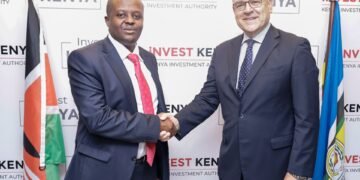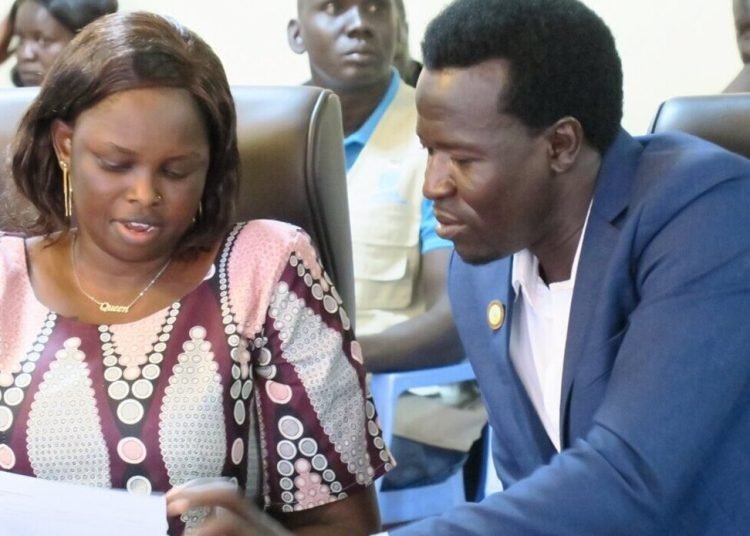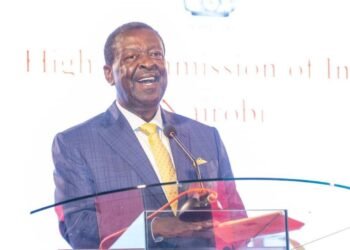The chair of the Youth Union in Northern Bahr El Ghazal, Tito Awen Bol while speaking at a two-day consultative forum organised by the United Nations Mission in South Sudan (UNMISS), stated that Young people must be given a chance to take part in decision-making, especially when it comes to peace processes.
Female participants, especially, were vocal about the need for their full and equal representation in politics, governance, and peacemaking.
Some 87 participants drawn from faith-based groups, politicians, members of parliament, county commissioners, civil society and women’s representatives were equipped with skills and strategies to further good governance.
Angelina Thiep Malek, a women’s representative stated that “The Revitalized Peace Agreement provided for 35 per cent representation for women at all levels of leadership”.
“Unfortunately, this stipulation hasn’t been actioned fully. Now that there has been an agreement on a Roadmap by all signatories, we are requesting that this important stipulation be fully implemented to make peace processes more durable and it is a fact that peace deals that include the voices of women fully are more successful,” she explained.
“For women to own their rightful space in the life of this nation, it’s imperative that they be empowered and educated. We have suffered immensely during conflict, and it is time we receive the support we richly deserve to achieve our full potential,” concluded Ms. Malek.
Free and frank discussions at the forum among those attending led to key priorities being identified to progress peace and usher in development as well as stabilization.
Recommendations included improvement in food production systems, improved health services, provision of quality education at both school and university levels, as well as delivery of clean water and waste management systems across the state.
Safety and security, livelihood opportunities and upholding the rule of law were also prime considerations.
Ataklti Hailu, Head of the UN Peacekeeping mission’s Field Office in Northern Bahr El Ghazal averred that, “Repeated conflict has led to a situation where South Sudanese institutions haven’t been able to strengthen themselves but as the country’s partner for peace, UNMISS is doing its best to build capacities across the board and enable all citizens to come together under a single national identity. Such fora are essential for community members to come together and deliberate on their individual roles in building a brighter future”.
For William Kolong, the Regional Peace Coordinator, the forum is timely. “This is not about divisions but about uniting to do what’s best for the people of our state. It’s about taking ownership of peace processes collectively,” said Mr. Kolong simply yet eloquently.






























































